Mukawir or Mukawer, also known as Machaerus, is an ancient fortress atop a rugged hill in the historical region of Moab, Jordan. This captivating archaeological site holds immense historical significance and architectural splendor.
Strategically positioned overlooking the Dead Sea and the surrounding desert plains, Mukawir played a pivotal role in the political and military endeavors of Herod the Great during the first century BC. Moreover, the fortress gained notoriety for its association with the tragic fate of John the Baptist, who was imprisoned and executed within its walls.
Today, Mukawir stands as a testament to the skilled craftsmanship of the past, with its defensive walls constructed using local limestone and its palace complex showcasing opulent chambers and grand courtyards. Exploring Mukawir offers a remarkable opportunity to delve into the ancient tales that shaped the region’s history and to marvel at the enduring allure of this archaeological gem.
Don’t Miss checking out our Jordan Travel Packages.
The Historical Significance of Mukawir
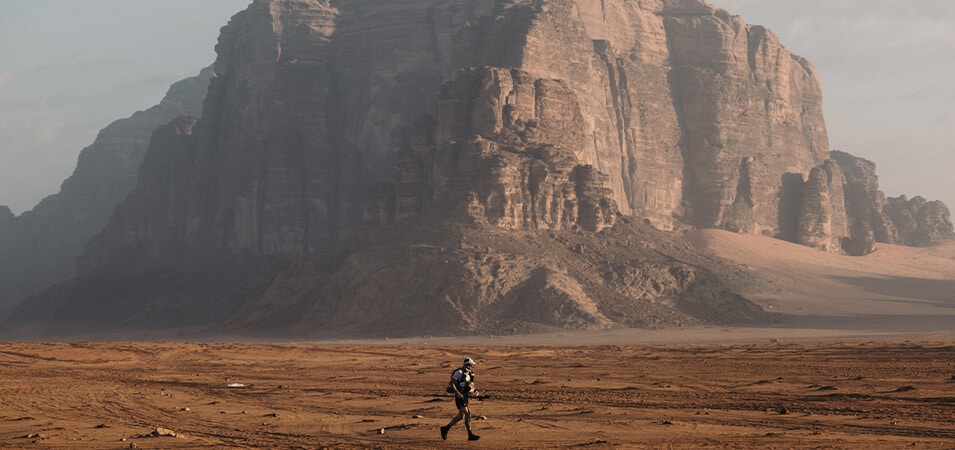
Mukawir, also known as Machaerus, holds significant historical importance as an ancient fortress in Moab, Jordan. Constructed during the first century BC by Herod the Great, Mukawir served as a strategic stronghold overseeing the surrounding landscape. This fortress played a crucial role in maintaining control over the region and protecting the interests of Herod and his dynasty.
Mukawir’s historical significance is also evident in its association with various political and military events. It served as a center of power and a base for Herod’s political maneuvers. The fortress witnessed the rise and fall of empires, the clash of cultures, and the shifting tides of ancient politics.
Furthermore, the architectural features of Mukawir showcase the skill and ingenuity of the craftsmen of that era. The defensive walls and structures demonstrate the importance of fortifications and military strategies.
Construction and Architecture of Mukawir
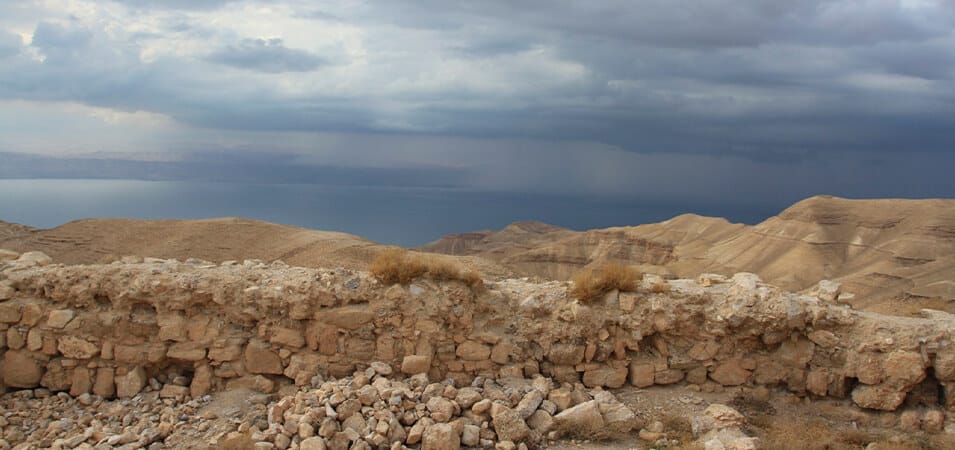
Strategically located, Mukawir was designed with a clear purpose in mind. Its elevated position provided a vantage point for overseeing the surrounding territories, ensuring effective defense and control. The defensive walls of Mukawir, constructed with meticulous attention to detail, served as a formidable barrier against potential threats. The layout of the fortress was carefully planned, with the palace complex at its heart. The complex boasted luxurious features, including opulent chambers, grand courtyards, and intricate architectural details.
Role of Mukawir in Herod’s Reign
Mukawir played a vital role in Herod the Great’s reign as a linchpin in his political strategies. The fortress allowed Herod to maintain control over the region, acting as a stronghold against rival factions and external threats. Its military significance cannot be overstated, as it effectively protected the surrounding territories and secured Herod’s power. Furthermore, Mukawir symbolized Herod’s authority and extravagance, showcasing his wealth and grandeur.
Political and Military Events at Mukawir
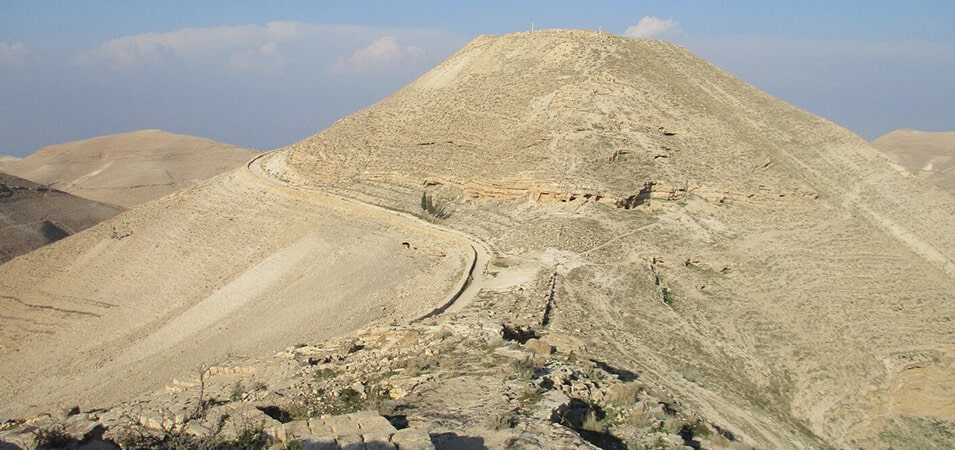
The influence of Mukawir extended beyond Herod’s reign, leaving its mark on subsequent political and military events. It became crucial in the conflicts between Herod’s sons, who vied to control their father’s territories. As regional power struggles unfolded, Mukawir’s strategic importance continued during the Roman era. However, with the decline of Herod’s dynasty, Mukawir eventually fell into disuse and abandonment.
Archaeological Discoveries at Mukawir
Excavations at Mukawir have unearthed remarkable findings that shed light on its inhabitants’ daily life and culture. The discoveries provide valuable insights into the architectural techniques, craftsmanship, and artistic traditions of the time. Artifacts and relics, ranging from pottery and tools to intricate jewelry, offer a tangible connection to the past, allowing us to piece together the story of the people who lived and thrived in Mukawir.
Mukawir’s Connection to Biblical History
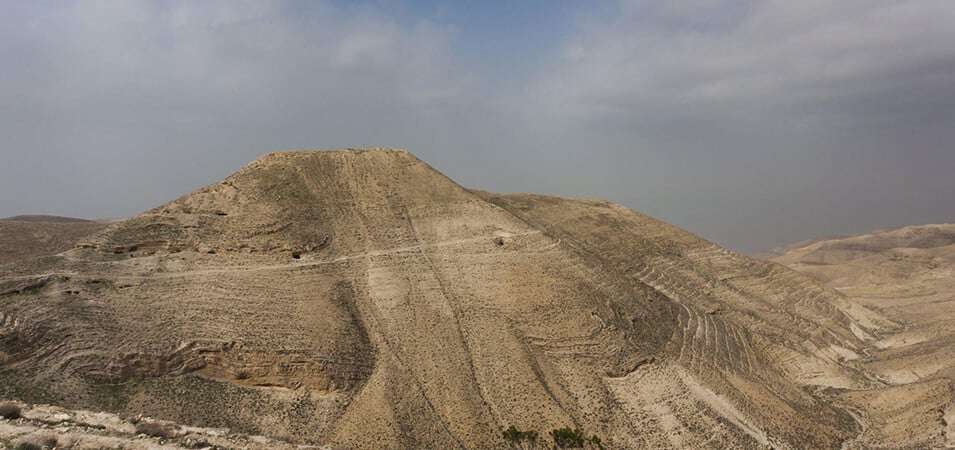
One of the most fascinating aspects of Mukawir is its connection to biblical history, mainly its association with John the Baptist. Historical accounts recount John’s imprisonment and subsequent execution within the confines of Mukawir. This event holds immense religious significance and has turned Mukawir into a pilgrimage site for believers. The story of John the Baptist’s tragic fate reverberates through the walls of Mukawir, inviting contemplation and reflection.
Restoration and Preservation Efforts at Mukawir
Recognizing the importance of preserving Mukawir’s cultural heritage, extensive restoration and preservation efforts have been undertaken. Conservation projects aim to safeguard the fortress and its architectural wonders, ensuring their longevity for future generations. However, these endeavors are challenging, as the harsh climate and ongoing deterioration pose significant obstacles.
Visiting Mukawir Today
Practical information is essential for those seeking to explore the rich history and captivating beauty of Mukawir. Opening hours, admission fees, and accessibility details give visitors the necessary knowledge to plan their visit. Highlights of the Mukawir experience include awe-inspiring panoramic views from the hilltop, guided tours that unveil the fortress’s secrets, and the opportunity to explore nearby attractions and landmarks, such as the Dead Sea.
What To See in Mukawir or Mukawer
When visiting Mukawir or Mukawer, also known as Machaerus, there are several fascinating things to do and see that will immerse you in this ancient site’s rich history and breathtaking beauty. Mukawir offers a unique blend of archaeological wonders and panoramic views atop a rugged hill in Moab, Jordan. Here are some of the top attractions and activities to experience:
- The main attraction of Mukawir is its well-preserved fortress ruins. Explore the remains of the defensive walls, towers, and gateways that once protected the fortress and marvel at the architectural ingenuity of the past.
- Within the fortress, you’ll find the remnants of a palace complex. Admire the grand courtyards, opulent chambers, and intricate architectural details that showcase the splendor of the ancient world.
- As you ascend the hill to Mukawir, prepare to be rewarded with stunning panoramic views of the surrounding landscapes. From the hilltop, you can enjoy sweeping vistas of the Dead Sea, the Jordan Valley, and the Moabite plains.
- Numerous excavations have uncovered fascinating artifacts and relics at Mukawir. Take a closer look at pottery, tools, and jewelry that provide insights into the daily life and culture of the people who once inhabited the fortress.
- Mukawir holds significant religious importance due to its association with John the Baptist. Visit the area believed to be the site of his imprisonment and execution, and reflect upon the biblical history that unfolded within these walls.
- Engage in a guided tour of Mukawir to better understand its historical and cultural significance. Knowledgeable guides provide insights into the fortress’s history, architectural features, and the events that shaped its destiny.
- While in the area, consider exploring other nearby attractions, such as the Dead Sea, where you can experience the buoyancy of its salt-rich waters, or visit the ancient city of Madaba, renowned for its mosaic artwork.
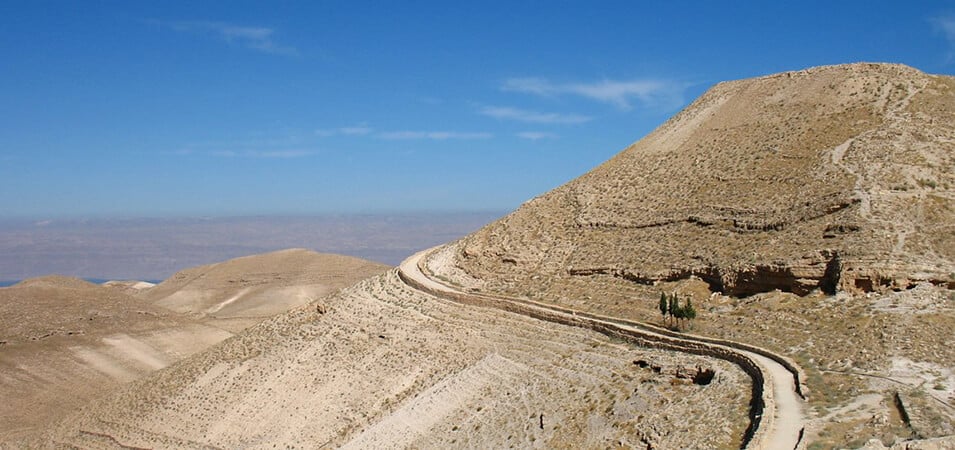
Conclusion
Mukawir or Mukawer, with its historical significance, remarkable architecture, and connections to biblical history, stands as a testament to the ancient civilizations that once thrived in the region. Its enduring allure invites visitors to immerse themselves in the tales of the past and marvel at the architectural marvels that have stood the test of time. Preserving Mukawir’s heritage is paramount, ensuring that future generations can continue to appreciate and learn from this ancient fortress.
Don’t Miss to Check out our Related Article :
